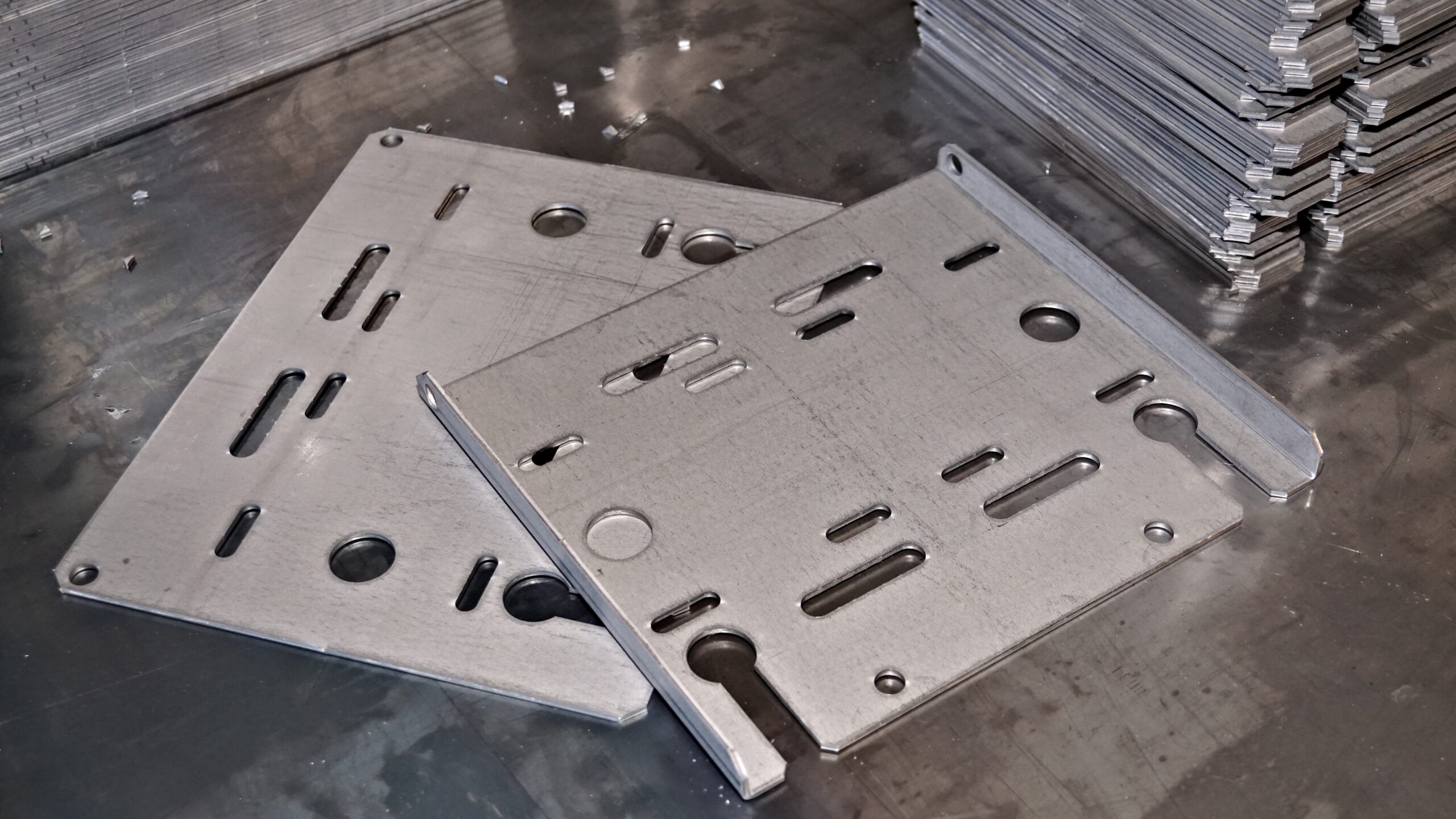Trends Shaping the Custom Metal Fabrication Industry in 2023

In 2023, the custom metal fabrication industry is undergoing transformative changes. Technological breakthroughs and a heightened demand for specialized solutions are reshaping its landscape. Besides, pioneering practices and advanced methodologies now dominate, ensuring precision and efficiency. For instance, robotics in sheet metal custom fabrication streamline complex tasks, ensuring faster, error-free outputs.
Additionally, digital tools like CAD and CAM software elevate design accuracy and execution. Further, sustainable initiatives, emphasizing recycling and energy-efficient machinery, reflect the industry’s commitment to the environment. As materials innovate, incorporating lighter and more durable alloys, the industry stands poised for continued growth and diversification. Let’s explore the advancements in automation, sustainable practices, digitalization, and materials that are shaping the industry’s future.
1. Advancements in Automation
Automation has brought about efficiency and consistency in sheet metal custom fabrication. Here are the notable trends:
- Robotics: The use of robots, especially in intricate tasks, has reduced errors and sped up the production process.
- 3D Printing: While traditionally associated with plastics, metal 3D printing is now a reality, allowing for rapid prototyping and customized production.
- Computer Numerical Control (CNC) Machines: These machines ensure precision cutting, bending, and forming, creating more consistent and high-quality outputs.
2. Sustainable Practices
Sustainability is no longer an option but a necessity. In the realm of customized sheet metal fabrication, this means:
- Recycling and Reusing: By recycling scrap metal and waste, manufacturers not only reduce costs but also their carbon footprint.
- Energy-Efficient Machines: Newer machines are being designed to consume less power, which decreases prices and is also better for the environment.
3. Digitalization in Metal Fabrication
From design to delivery, digitalization plays a crucial role:
- Software Solutions: CAD (Computer-Aided Design) and CAM (Computer-Aided Manufacturing) software provide precision in design and execution.
- Real-time Monitoring: IoT (Internet of Things) devices provide real-time feedback, enabling quicker troubleshooting and enhanced quality control.
4. Innovative Materials
With a focus on durability and sustainability, the industry is constantly exploring:
- Lighter Alloys: These provide strength without the associated weight, proving beneficial in industries like automotive and aerospace.
- Corrosion-resistant Metals: Such metals ensure longevity, especially in harsh conditions, making them a preferred choice for many applications.
Conclusion
In 2023, the custom metal fabrication industry is experiencing a profound transformation due to technology and unique demands. Robotics streamline complex tasks, 3D metal printing enables rapid prototyping, and CNC machines ensure precision. Sustainability is prioritized through recycling, energy-efficient machinery, and advanced materials. CAD and CAM tools enhance design accuracy, while real-time IoT monitoring improves quality control. This evolution positions the industry for growth and influence, uniting efficiency with eco-friendly practices.
As innovation continues to drive this sector, the future of custom metal fabrication looks promising and impactful across various fields. Weldflow Metal Products, with its four-decade legacy, exemplifies the industry’s transformational journey. Integrating automation, sustainability, and cutting-edge materials, we craft precise products from HVAC fixtures to appliance covers. Their success story underscores how industry evolution aligns with client-centric solutions, shaping a dynamic future for custom metal fabrication across diverse sectors.




